Indigenous People’s Voices in the Philippine Education Landscape

On Aug. 9, we join in celebrating the International Day of the World’s Indigenous Peoples. This year’s theme, “Indigenous Peoples and AI: Defending Rights, Shaping Futures,” is not only a relevant topic for discussion but a timely review of the conditions of cultural communities in the country.
For centuries, indigenous peoples (IP) communities in the Philippines have sustained their indigenous knowledge, systems, and practices despite exclusion, marginalization, and historical discrimination. The Philippines is home to 110 ethnolinguistic groups and more than 12 million indigenous peoples.
Because of their diversity, efforts are being made to ensure that education is truly inclusive. As the country grapples to achieve progress, landmark policies in strengthening the education system are being implemented by tackling generations of maladies, such as classroom and textbook deficiencies. The Department of Education (DepEd) is also creating solutions that respond to the advancements of our times.
As mentioned in the recent State of the Nation Address, laptops, smart TVs, and Bayanihan SIM cards are being distributed to public schools to make them future-ready. Institutional reforms are being implemented by reconstructing the curriculum and converging national agencies to align our graduates with the national goals.
Indigenous communities are fighting for cultural justice and inclusion in the sociopolitical landscape. Despite their efforts, they remain overlooked in terms of policy negotiations; they do not have easy access to social services, and worse, their rights and liberties are being violated. They endure being disadvantaged and vulnerable in the face of technological advancements and globalization, risking the gradual disappearance of Indigenous traditions, languages, and ancestral wisdom. Yet, education in the communities, although challenging, has served not only as a path to empowerment but also as a key to the cultural continuity.
Last May 28 to 31, 2025, we were invited to witness the 29th Helobung Festival, a celebration of the rich culture and traditions of the T’bolis of Lake Sebu in South Cotabato. Part of the festivities was a forum on IP education in Mindanao. It gathered key advocates from the National Commission for the Culture and the Arts, the DepEd, and other agencies. It was also attended by cultural bearers, practitioners, elders, and teachers from formal and nonformal institutions offering IP Education. The forum highlighted institutional challenges and the best practices to deal with them.
This dialogue resonates with the National Indigenous Peoples’ Education (IPEd) program, launched in 2011: a landmark effort established under DepEd to help safeguard the rights of cultural communities and indigenous learners to receive education that is responsive to their context. For more than a decade, teachers have contextualized their lesson plans and collaborated with elders and cultural bearers as they pass on the culture and traditions to the next generation. The program is being carried out by the IPs Education Office (IPsEO) under DepEd. But despite the efforts, many challenges remain unaddressed.
The discussions during the IPEd forum brought to light some of these urgent challenges, including the need for a stronger institutional support through policy and legal protection of indigenous schools and teachers; sustained and increased funding for the teacher trainings rooted in indigenous pedagogy; and development of local and school-based cultural infrastructure.
Given these concerns, a proposal to create a Bureau of Indigenous Peoples Education emerged as a vision and response. The bureau will serve as the anchor of IP education in the country by continuing the IPsEO’s legacy to give indigenous learners not only access but also rightful ownership of its content.
May this celebration honor our ancestral values and national identity, restore our dignity, and affirm a just and inclusive education system.
LAEILANI P. AROCHA, LPT,
lparocha@ust.edu.ph




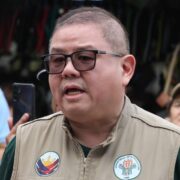

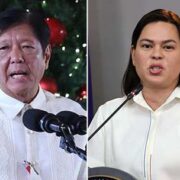
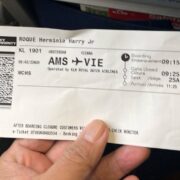
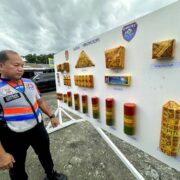
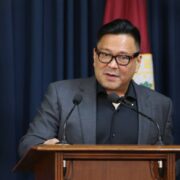


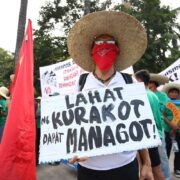




Teachers’ voices